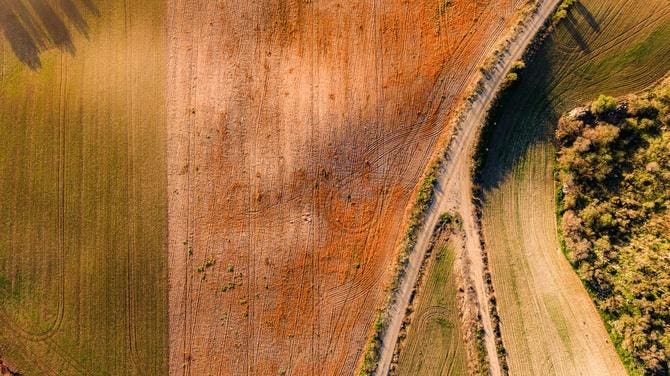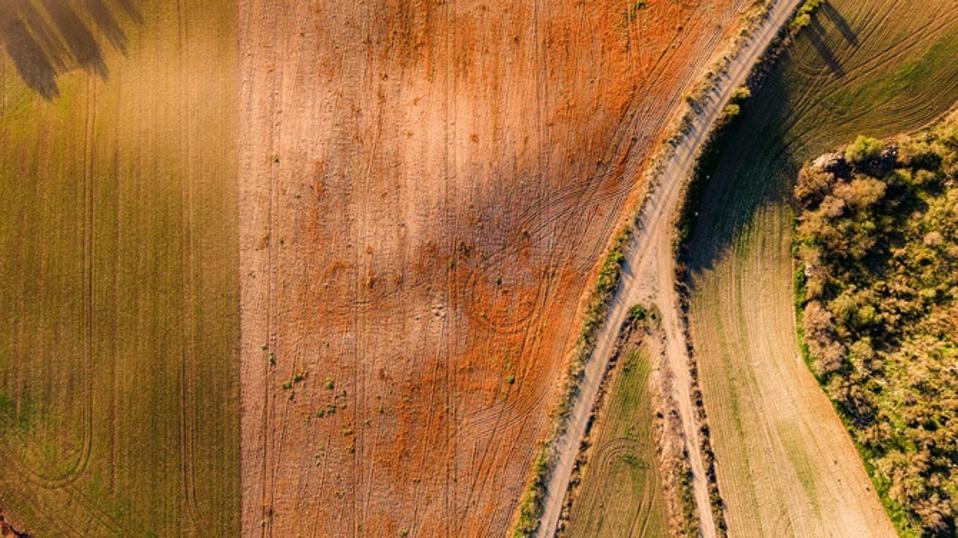Shaun Michael Lewis is the CEO of Clearwater Properties.
Investors have discovered something known to rural America for a long time: Great things are possible with small pieces of rural land. What appeared to be a real estate trend has now gained a real footing and may represent a fundamental shift in the way in which investors and entrepreneurs are approaching location, scale and opportunity.
These investors are turning to “ranchettes,” typically defined as rural properties between 5 and 40 acres in size. A trend that at one time was almost strictly the domain of retirement-age buyers seeking hobby farms has now expanded to include young professionals, serious investors and even corporations seeking portfolio diversification amid economic uncertainty and a saturation of more traditional ventures.
What Is Driving This Trend?
What is causing the surge in this trend? I believe there are several converging factors:
Portfolio Diversification
During periods of inflation, hard assets tend to attract investors because they’re seen as a reliable store and driver of value. Land represents a classic “hedge,” offering both return through agribusiness use and appreciation via development potential.
The Aftermath Of The Pandemic
The pandemic fundamentally changed the perspective of many Americans as to density and open space, including investors and entrepreneurs. The psychological impact of the lockdowns seems to have enhanced the value of alternative locations that exist outside of dense urban environments.
Technology Enablement
Improvements in rural connectivity, in conjunction with the emergence of tools for working or running businesses remotely, has reduced the barriers for both semi-absentee ownership and full-time remote work in rural areas.
Food Security Concerns
I’ve worked with investors who, concerned about the resilience of food systems, are increasingly interested in properties with a potential for small-scale agriculture. Even if these investors never grow anything commercially, the option to potentially do so provides value.
The Investment Case
There also exists a financial rationale for buying these properties, albeit one that varies considerably by region. In my work, I’ve observed some common characteristics shared by properties that experience the highest levels of appreciation: proximity to growing metropolitan areas, natural amenities such as lakes, streams or mountain views, and favorable zoning regulations.
The return on a ranchette investment can come in different forms, whether from land appreciation, tax benefits arising from agricultural exemptions, potential income streams from grazing leases or specialty crops, or even conservation easements in certain regions.
There exists an entrepreneurial angle, too, as the possible creative uses of these properties exist in staggering numbers. An entrepreneur might consider launching a craft brewery or winery, an organic farm or restaurant, artisan workshops, and many other ventures.
The risk profile for ranchettes does differ significantly from more traditional real estate investments, especially when the former investments have established businesses that tend to maintain value during economic downturns because they generate revenue rather than relying solely upon appreciation.
Who Is Buying Ranchettes?
The demographic profile (including age) of investors buying small rural properties has shifted in some areas in recent years, and based on my own and other firms’ experience in this domain, several distinct categories of buyers have emerged:
Millennials And Gen X Investors
Younger investors who have observed their peers’ earned wealth evaporate during recessions or market crashes, and who are dissatisfied with traditional investment vehicles may be drawn to more tangible assets. These individuals, with legitimate skepticism about market stability, are seeking out investments that offer potential appreciation and business opportunities.
Speculative Investors
Some buyers are betting purely on appreciation after watching land values in certain rural corridors rising. Such properties, including those within reasonable driving distances of growing metropolitan areas, have the potential to experience superb increases in value.
Corporate Retreats And Remote Working Hubs
Some companies are buying ranchettes for use as employee retreats or remote working hubs. Such use cases typically involve higher-end properties with existing infrastructure than can be repurposed for remote work, meetings or company retreats.
Remote Workers With Capital
High-earning professionals increasingly have the ability to work from anywhere, and I’ve seen some of them leveraging that geographic flexibility. Tech workers, consultants and even creative professionals have come to the realization that they need not be constrained to high-cost urban locations. They now have the freedom to take their big metro salaries to rural areas where prices for land are far more reasonable.
Future Outlook
I expect to see continuous growth in ranchettes as investments, particularly if professionals continue embracing freedom of location. Despite this, I’ve seen the most premium properties in the most desirable locations becoming increasingly scarce, which could result in higher prices and push buyers to seek out previously overlooked areas.
Technology will continue to expand the possibilities, especially considering the emergence of satellite internet, improvements in off-grid solutions, and flexible work and management systems. I believe the next wave of ranchette businesses will only grow in terms of their sophistication and viability.
The Reality Check
Despite the appeal and benefits of ranchette investment, it is by no means a guaranteed path to success. Rural entrepreneurship employs a different skill set than that required for urban businesses. Infrastructure challenges are real, even with continuous technological improvements. Weather, seasonal and tourist fluctuations, and local operations can often complicate business operations in ways that would not affect urban entrepreneurs.
The most pronounced risk may be overconfidence. Buying the property is relatively straightforward. Building a profitable business on that same property requires planning, discipline and execution much like any other venture. The rural setting, while different, doesn’t eliminate fundamental business challenges.
Nevertheless, for entrepreneurs seeking ventures outside of the norm, ranchettes represent an opportunity to build something truly different: an enterprise firmly rooted in community, place and authenticity.
The information provided here is not investment, tax or financial advice. You should consult with a licensed professional for advice concerning your specific situation.
Forbes Business Council is the foremost growth and networking organization for business owners and leaders. Do I qualify?


